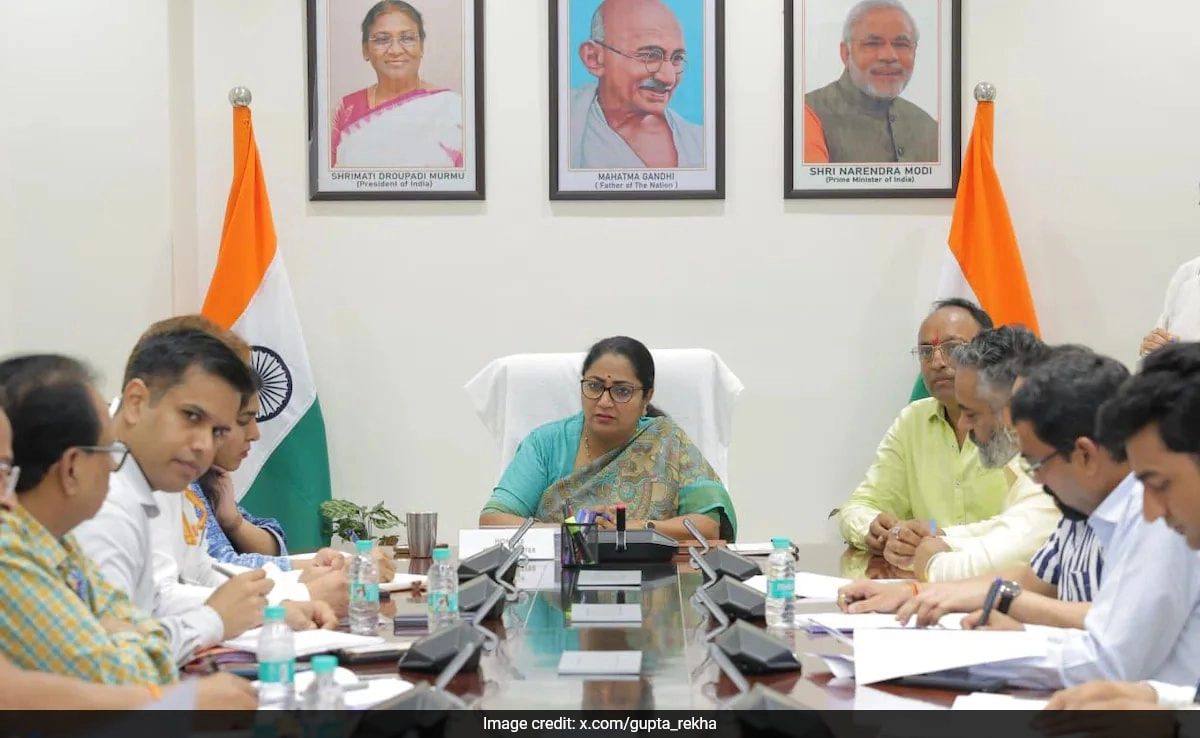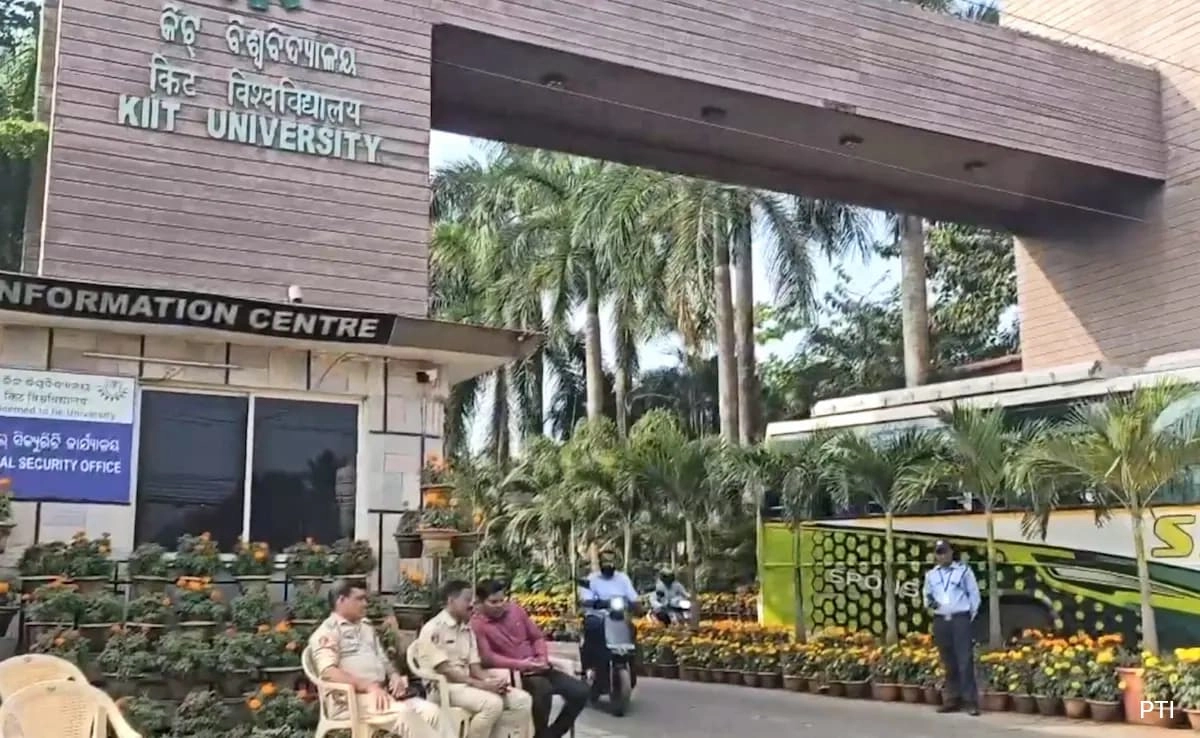Delhi Chief Minister Rekha Gupta recently found herself in the spotlight due to her husband’s unexpected appearance at an official governmental meeting. The event sparked discussions and debates across political circles, particularly among the opposition parties. The involvement of family members in public office is often a contentious issue, raising questions about propriety and the potential for conflicts of interest. In this instance, the Bharatiya Janata Party (BJP), which is often in opposition to Gupta’s party, responded by stating that there was nothing inherently wrong with her husband attending the meeting. This statement reflects a broader political strategy of defending actions of party members while attempting to diffuse potential scandals.
The BJP’s defense suggests a recognition that such familial ties can be perceived as problematic, but they chose to frame the situation as innocuous. This incident illustrates the complexities of politics in Delhi, where personal and professional lines often blur. The presence of Gupta’s husband at an official meeting raises important questions about transparency and accountability in governance. Critics may argue that such attendance could lead to perceptions of favoritism or undue influence, while supporters may view it as a personal matter that should not warrant public scrutiny.
As discussions unfold, the situation may affect Gupta’s political standing and could have implications for her party as they navigate public opinion. The political landscape in Delhi is fiercely competitive, and any misstep can be leveraged by opponents. Therefore, how Gupta and her party handle this situation will be crucial in maintaining their credibility and support among constituents. Ultimately, this incident serves as a reminder of the delicate balance that public officials must maintain between their personal lives and their responsibilities to their constituents. The coming days will likely see continued dialogue around this issue, as both supporters and opponents of Gupta weigh in on the implications of her husband’s attendance at the meeting.




